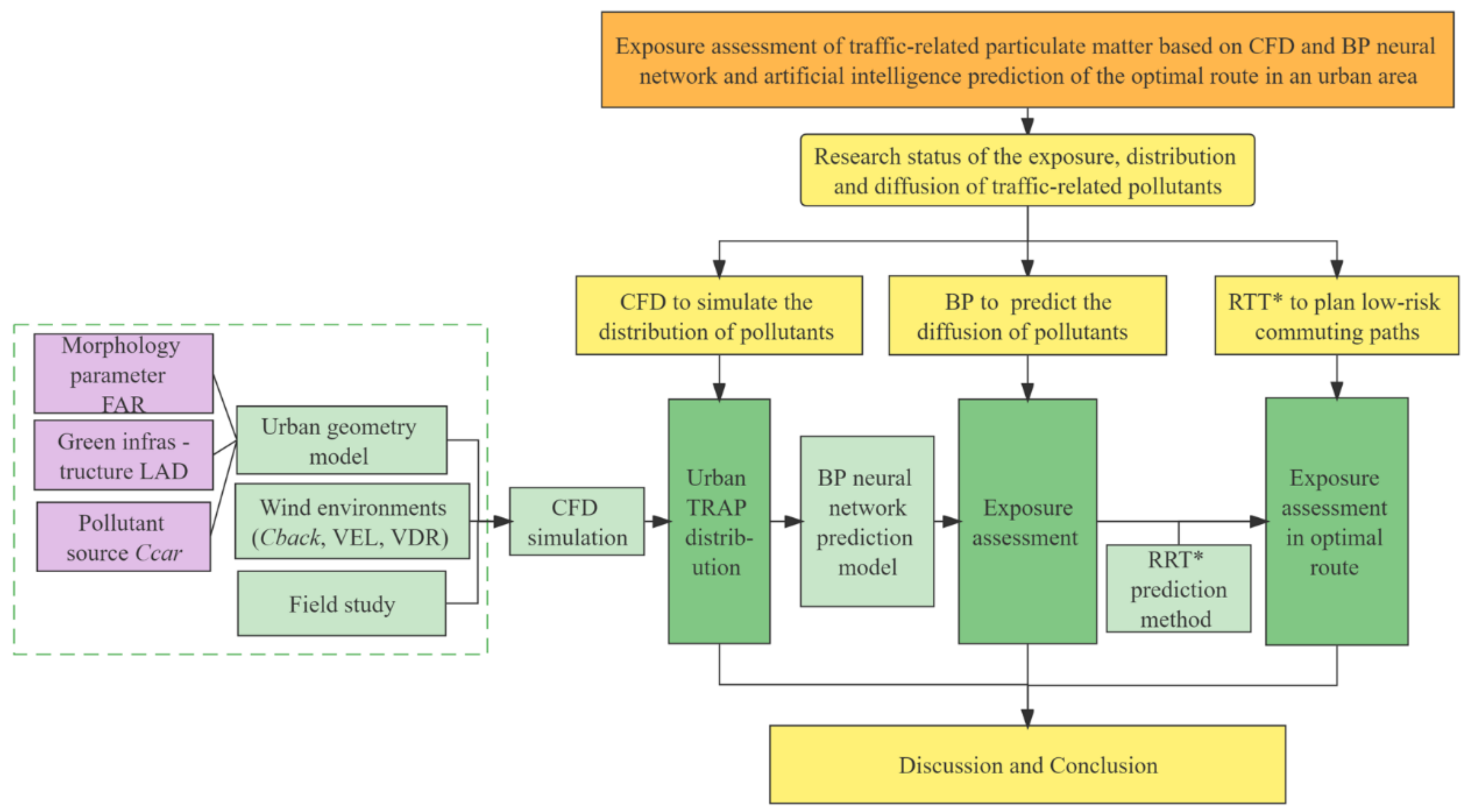
Unleashing Intelligent Information Handling: The Power of Cognitive Processing
In the realm of advanced computing, Cognitive Processing emerges as a powerhouse, revolutionizing how machines handle and interpret information. This article delves into the intricacies of Cognitive Processing, exploring its applications, impact on artificial intelligence, and the promising future it holds in the world of intelligent data handling.
Understanding Cognitive Processing: The Fusion of AI and Information Handling
At its core, Cognitive Processing represents the fusion of artificial intelligence (AI) and advanced information handling capabilities. Unlike traditional computing that follows predefined rules, Cognitive Processing mimics human thought processes, allowing machines to adapt, learn, and make decisions based on complex data. It goes beyond basic data processing, enabling systems to understand, reason, and learn from information dynamically.
Applications Across Industries: From Healthcare to Finance
The applications of Cognitive Processing span across various industries, showcasing its versatility and transformative potential. In healthcare, it aids in medical diagnosis by analyzing vast datasets to identify patterns and anomalies. In finance, Cognitive Processing enhances decision-making by processing and interpreting financial data with unparalleled speed and accuracy. Its impact extends to fields such as customer service, logistics, and research, revolutionizing how information is utilized.
Explore more about the latest developments in Cognitive Processing at WickedFacts.com.
Revolutionizing Artificial Intelligence: Cognitive Computing at the Core
Cognitive Processing serves as the backbone of the next evolution in artificial intelligence. Unlike conventional AI systems, which often rely on explicit programming, Cognitive Processing integrates machine learning and natural language processing to enable systems to understand and respond to data in a more human-like manner. This approach has the potential to revolutionize AI applications, making them more intuitive and adaptable.
Intelligent Data Interpretation: Beyond Traditional Algorithms
One of the key features of Cognitive Processing is its ability to engage in intelligent data interpretation. Traditional algorithms are limited by predefined rules, whereas Cognitive Processing systems can analyze unstructured and complex data, extracting meaningful insights. This opens up new possibilities for handling data in its raw form, leading to more nuanced and accurate decision-making.
Enhancing User Experiences: The Human-Machine Interaction Paradigm
Cognitive Processing plays a pivotal role in enhancing user experiences by bridging the gap between human and machine interaction. Natural language processing capabilities enable machines to understand and respond to user inputs in a more conversational manner. This creates a more intuitive and user-friendly interaction paradigm, transforming the way individuals engage with technology in various applications.
Challenges and Opportunities: Navigating the Cognitive Landscape
While Cognitive Processing holds immense promise, it also presents challenges. Ethical considerations, privacy concerns, and the need for transparent decision-making are crucial aspects that must be addressed. However, these challenges also present opportunities for innovation, collaboration, and the establishment of ethical frameworks that guide the responsible development and deployment of Cognitive Processing technologies.
Future Trends: The Evolution of Intelligent Data Handling
The future of Cognitive Processing is marked by ongoing advancements and evolving trends. Anticipated developments include even more sophisticated machine learning models, increased integration with other emerging technologies like the Internet of Things (IoT), and expanded applications in fields such as autonomous systems and personalized services. The evolution of intelligent data handling is set to redefine the technological landscape.
Collaborative Innovation: Shaping the Cognitive Frontier Together
In the dynamic landscape of Cognitive Processing, collaborative innovation is paramount. Researchers, developers, and industry leaders must collaborate to address challenges, refine algorithms, and establish ethical guidelines. By fostering an environment of shared knowledge and responsible development, the industry ensures that Cognitive Processing evolves in a way that positively impacts society.
Conclusion: A New Era of Intelligent Information Handling
In conclusion, Cognitive Processing marks a new era in intelligent information handling, bringing forth a paradigm shift in how machines interpret and utilize data. Its impact across industries, from healthcare to finance, underscores its transformative potential. As we navigate this landscape of intelligent computing, Cognitive Processing emerges as a catalyst for a future where machines process information not just efficiently but also intelligently.
Embark on a journey of discovery with the latest developments in Cognitive Processing at WickedFacts.com.




